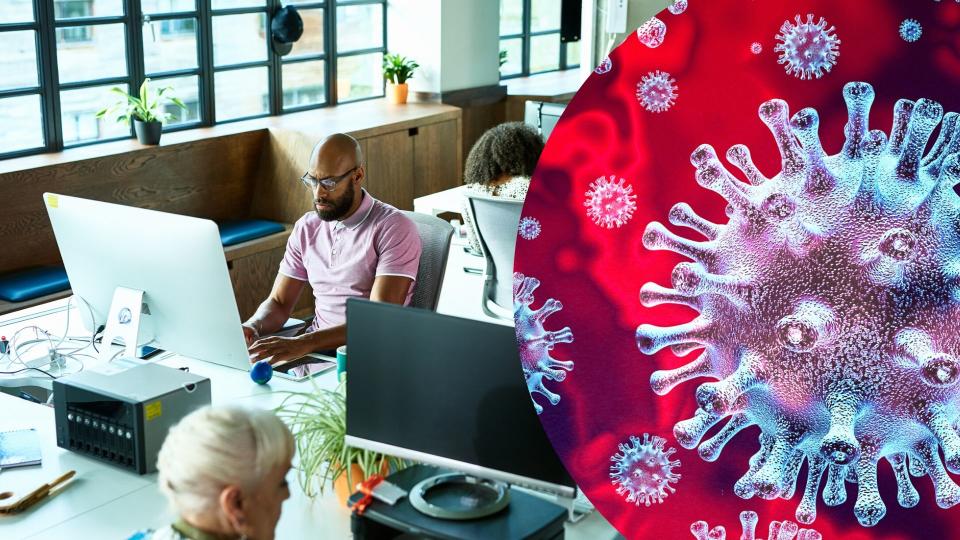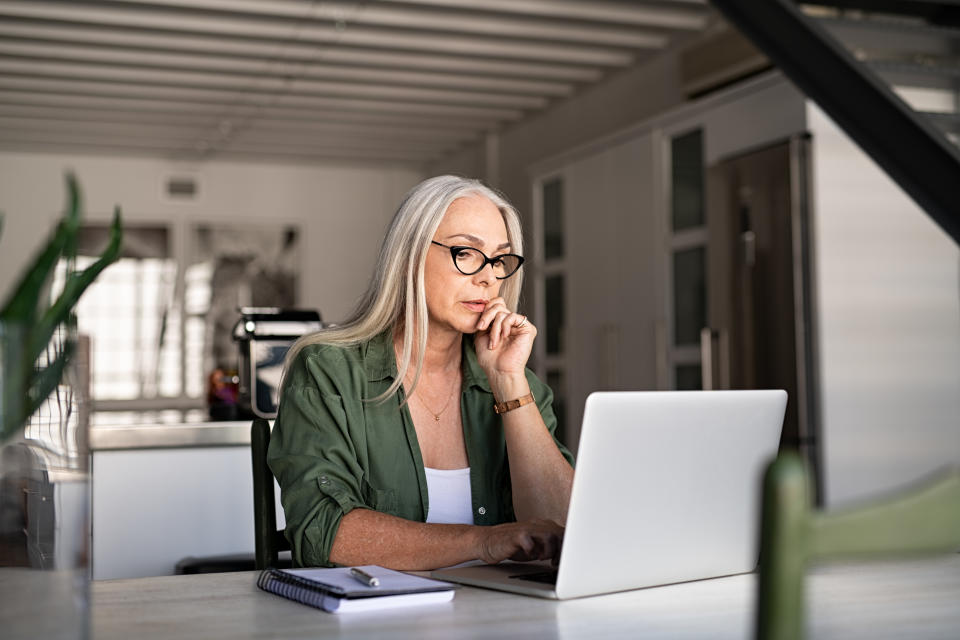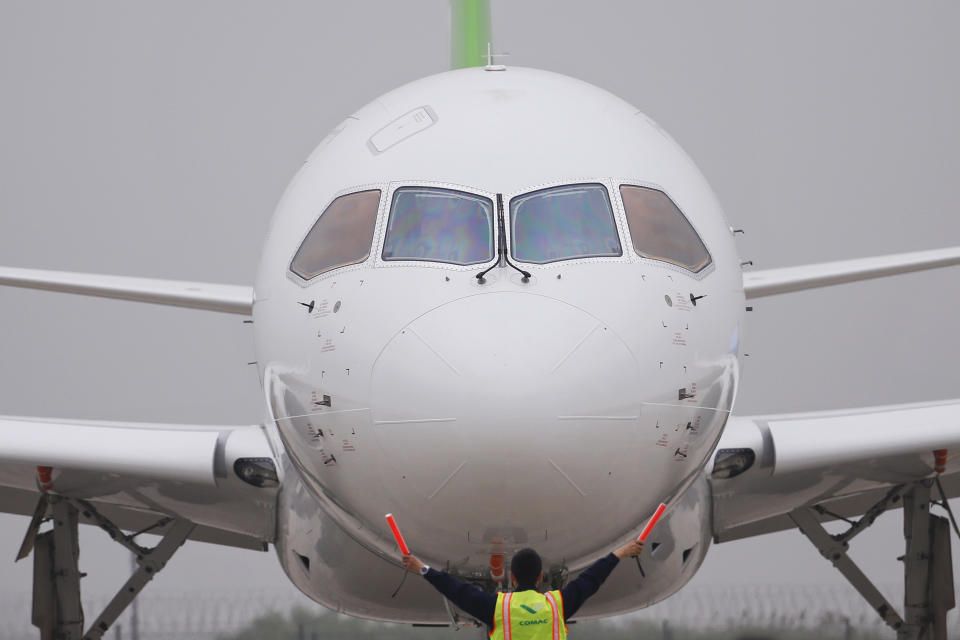Coronavirus and Australian workplace laws: What are your rights?

We're only seven weeks into 2020 but it’s already clear that the word of the year is coronavirus.
Hitting Australia’s economy, universities, restaurants and morale, it’s also impacting the way Australians work.
‘A dead town’: Restaurants take whopping 80% hit from coronavirus
Myth-busting: Face masks up 1500% in price, but do they even work?
Domino effect: How coronavirus will hit Australia
Recruitment company Indeed has told its Sydney staff to work from home, despite it having no confirmed cases of infection. Consulting firm UBS has also told staff who’ve recently returned from China to avoid their workplaces for two weeks.
And the Commonwealth Bank has asked staff who have recently travelled to China to provide a medical certificate before returning to the office, while it and ANZ have advised all staff to avoid non-essential travel to China.
And Australians who have recently returned from China have been told to self-isolate for at least 14 days.
“You should not go to work, school/university/childcare, the gym, or public areas, and you should not use public transport, taxis, or ride-sharing services,” NSW Health advises.
So what does this mean for work?
The Fair Work Ombudsman says employees and employers should try to find “appropriate solutions” which suit the needs of staff.
“This may include taking different forms of leave, working from home, or taking extra precautions in the workplace.”
What if I’m sick, or someone in my family is sick?
As with any type of illness, if you’re a full- or part-time employee and you’re unwell, you are entitled to paid sick leave.
If you need to care for someone who is ill, you can take paid carer’s leave. If you’ve run out of either of those types of leave, you’ll have to take unpaid leave.
And if you’re a casual employee, you can take two days of unpaid carer’s leave.
What if I want to work from home?

Not in love with the idea of riding a packed train into work every morning? You might be able to work from home.
However, this will depend on your workplace - there’s no enshrined right to work from home during a public health scare.
The alternative is to [here] dip into your annual leave, or take unpaid leave.
The important thing is clarity, corporate psychologist and Shortlyster chief executive Rudy Crous told Yahoo Finance.
“There are two things to consider - one is having a clear working from home policy for employees, and the second is having an organisational system that can work remotely,” he said.
Without a policy, he said employees won’t know what’s right and wrong and will instead just do whatever suits them best.
“If the company doesn’t communicate its expectations, then it can’t expect its employees to follow them. It's all about providing clarity.”
What if I’m stuck overseas?

If you can’t get to work because you are stuck overseas, you’ll need to tell your employer. The same goes for if you need to wait out the 14-day quarantine period at home.
The Australian Fair Work Act doesn’t have particular rules for these sorts of cases, so the arrangement will have to be agreed upon by the employee and the employer.
This could be taking sick leave if you’re unwell, annual leave, unpaid leave or potentially working from home.
What if my boss wants me to stay home?

Employers have a responsibility to ensure safe workplaces for staff, which means that if an employee is at risk of infection, an employer can ask them to seek medical clearance or to work from home.
If you’re a full- or part-time worker and your boss has directed you not to work, you should be paid.
Crous added that if companies want staff to work from home, they also need to have systems in place that support that.
“It's... crucial for the organisation to have systems in place that can be accessed by employees working from home. It's one thing to have a policy and procedure, but the operating systems need to allow for those policies to be enabled.
“It's important to be flexible as an organisation especially during a world health event.”
Make your money work with Yahoo Finance’s daily newsletter. Sign up here and stay on top of the latest money, news and tech news.
Follow Yahoo Finance Australia on Facebook, Twitter, Instagram and LinkedIn.

 Yahoo Finance
Yahoo Finance 
